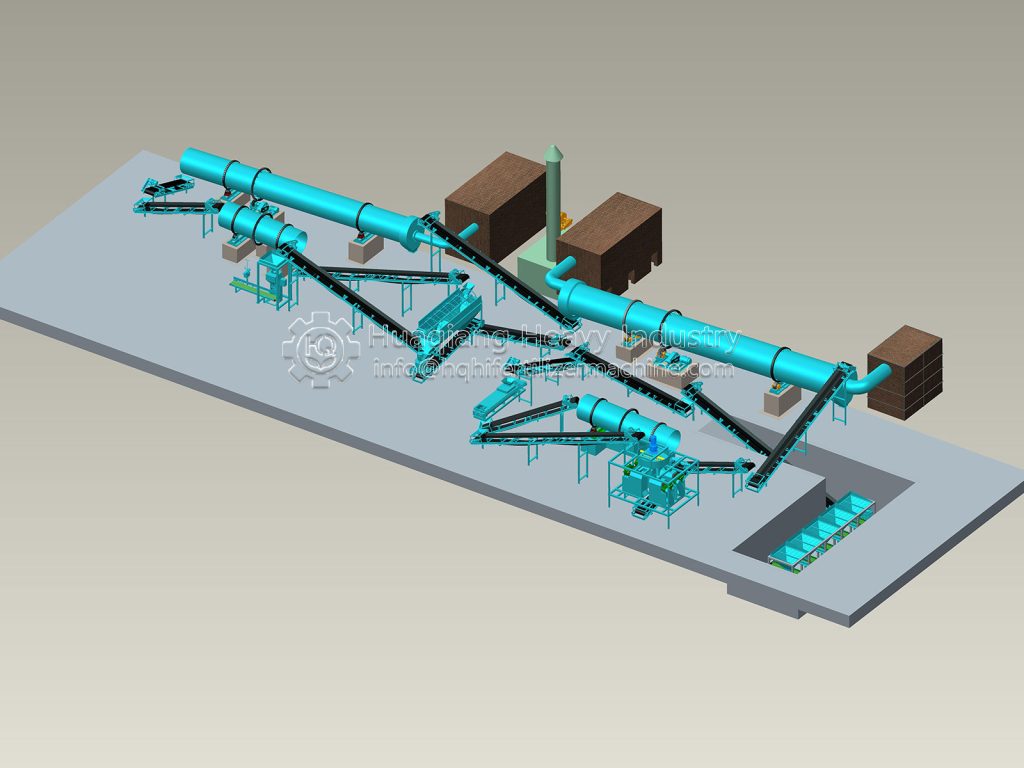NPK compound fertilizer is synthesized from chemical raw materials needed by various plants. NPK fertilizer plays a vital role in agricultural production, contributing to increased production and income. So, what are some common problems in NPK fertilizer production lines?

NPK fertilizer production lines naturally require specialized production equipment. However, due to the characteristics of compound fertilizer, fertilizer equipment is susceptible to corrosion. Some frequently used equipment has experienced severe corrosion in less than a year. While normal wear and tear is inevitable, necessary equipment maintenance can extend the lifespan of fertilizer processing equipment.
When crushing raw materials, ensure that they are free of large lumps. Stones or even iron mixed into the compound fertilizer raw materials can cause serious damage to the high-speed mill rotor.
Mechanical equipment relies on motors and reducers for power. Regular lubrication ensures optimal operation. There are many types of lubricants available, and the appropriate grease should be selected based on climatic conditions and mechanical transmission principles.
Equipment varies in production efficiency, and its use should be tailored to that efficiency. For example, during the batching stage, forklifts should be allowed to unload materials slowly to avoid damage. When mixing, avoid overfilling the mixer with raw materials; add them only after the mixer is started.
In short, the smooth operation of an NPK fertilizer production line requires meticulous control of every step. Only by incorporating solutions to these common problems into daily production management can we ensure the maximum stable output of NPK compound fertilizer.